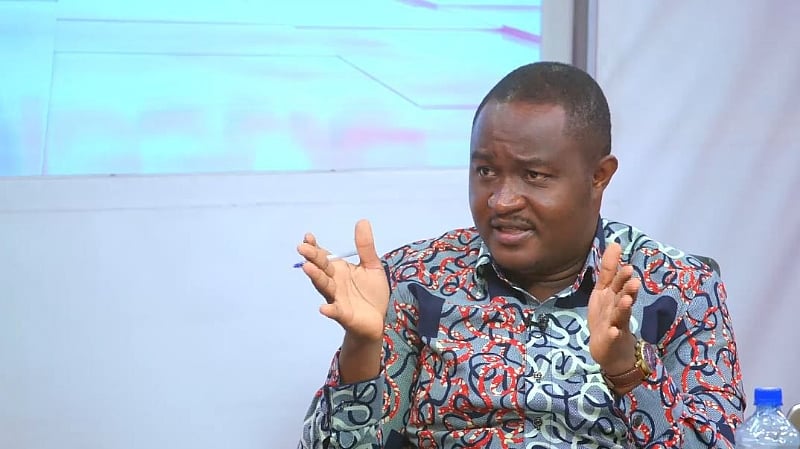Kwasi Kwarteng, a communications member of Ghana’s opposition New Patriotic Party (NPP), has issued a stark warning to the Ghanaian public: remain silent if a future NPP government removes a Chief Justice after assuming power in 2028. This provocative statement stems from his perception of public apathy towards what he alleges is the political victimization of Chief Justice Gertrude Esaaba Torkornoo by President John Dramani Mahama’s administration. Kwarteng argues that this silence implies acceptance of a dangerous precedent – reducing the Chief Justice’s office to a mere political appointment subject to the whims of the ruling party, effectively rewriting the Constitution through inaction. He stresses that principles should be consistent, regardless of which party holds power, and that accepting such actions now will only embolden future governments to engage in similar behavior. He challenges Ghanaians to uphold constitutional principles consistently or remain silent when the tables turn.
Kwarteng’s contention centers on three petitions submitted to the Council of State requesting the removal of Chief Justice Torkornoo under Article 146(6) of the 1992 Constitution. He interprets these petitions as a politically motivated attempt to oust the Chief Justice based on President Mahama’s personal preferences rather than genuine constitutional grounds. He emphasizes that while no Chief Justice is beyond reproach, the process of removal should not be manipulated for political gain. Kwarteng asserts that the timing and nature of the petitions suggest a pattern of political victimization, echoing a broader concern about the potential erosion of judicial independence.
The heart of Kwarteng’s argument lies in his interpretation of Article 146(6), which outlines the procedure for removing a Chief Justice. He posits that President Mahama’s actions are a perversion of this process, using it as a tool for political maneuvering rather than a mechanism for upholding judicial integrity. He warns that such actions create a dangerous precedent, weakening the checks and balances integral to a democratic society. Kwarteng further emphasizes the importance of upholding the sanctity of the judicial branch, arguing that the independence of the judiciary is fundamental to safeguarding the rule of law and protecting citizens’ rights against executive overreach.
Kwarteng’s challenge to the Ghanaian public underscores the gravity of the situation. He suggests that by remaining silent, citizens become complicit in eroding the foundations of their democracy. He argues that allowing political expediency to dictate the fate of the Chief Justice sets a dangerous precedent, undermining the very essence of judicial independence and opening the door for future abuses of power. By framing the issue as a matter of principle rather than partisan politics, Kwarteng aims to galvanize public opinion and encourage citizens to actively defend the integrity of their judicial system.
The situation highlights a broader tension between the executive and judicial branches in Ghana. While the Constitution outlines a clear process for removing a Chief Justice, the potential for political interference remains a concern. Kwarteng’s statement suggests that this tension has reached a critical point, posing a serious threat to the balance of power and the rule of law. The lack of transparency surrounding the petitions and the Chief Justice’s response further fuels speculation and contributes to public anxiety. This lack of information makes it difficult to assess the validity of the claims and necessitates a thorough and impartial investigation into the matter.
The unfolding events surrounding the petitions against Chief Justice Torkornoo represent a pivotal moment for Ghana’s democracy. Kwarteng’s call for vigilance serves as a reminder of the importance of citizen engagement in upholding democratic principles and safeguarding the independence of the judiciary. The future of Ghana’s judicial system hinges on the outcome of these events and the public’s response. It remains to be seen whether the Council of State will conduct a fair and impartial review of the petitions, and whether the Ghanaian public will heed Kwarteng’s warning and actively defend the integrity of their judicial system. The situation underscores the fragility of democratic institutions and the constant vigilance required to protect them from political manipulation.














